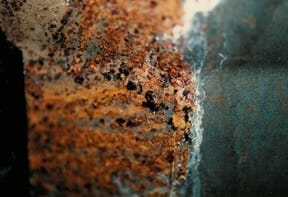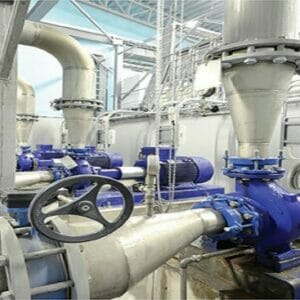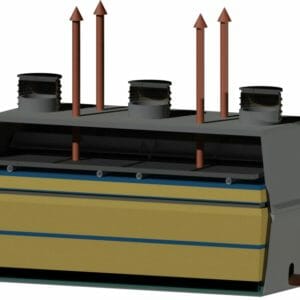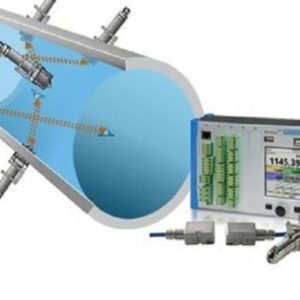E – 1468 DOE – Corrosion
$75.00
Courses Included
Corrosion is present to some extent in all applications of metals in engineering structures or devices. Corrosion can lead to unexpected maintenance expenses and also can produce catastrophic failure, if it proceeds far enough without being observed and remedial steps taken. This course provides an introduction to the study of corrosion of metals. A basic understanding of the causes and prevention of corrosion is essential knowledge that all engineers involved in the design and maintenance of items made of metal should possess.
The course materials are based on the U.S. Department of Energy Handbook Chemistry, Module 2: “Corrosion” (DOE-HDBK-1015/1-93.
Description
Corrosion is present to some extent in all applications of metals in engineering structures or devices. Corrosion can lead to unexpected maintenance expenses and also can produce catastrophic failure, if it proceeds far enough without being observed and remedial steps taken. This course provides an introduction to the study of corrosion of metals. A basic understanding of the causes and prevention of corrosion is essential knowledge that all engineers involved in the design and maintenance of items made of metal should possess.
The course materials are based on the U.S. Department of Energy Handbook Chemistry, Module 2: “Corrosion” (DOE-HDBK-1015/1-93.
- Corrosion theory, including corrosion as the action of an electrochemical cell, oxidation-reduction reactions, and passivity and polarization of metal
- Conditions leading to general corrosion and the corrosion of iron
- Factors affecting the rate of corrosion and the corrosion of aluminum
- Galvanic corrosion and its prevention
- Specialized corrosion such as pitting and crevice corrosion
- Stress corrosion cracking
- How the rate of corrosion is affected by various factors






